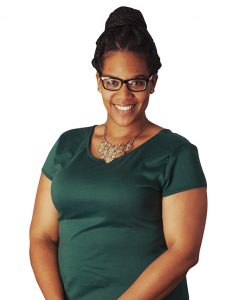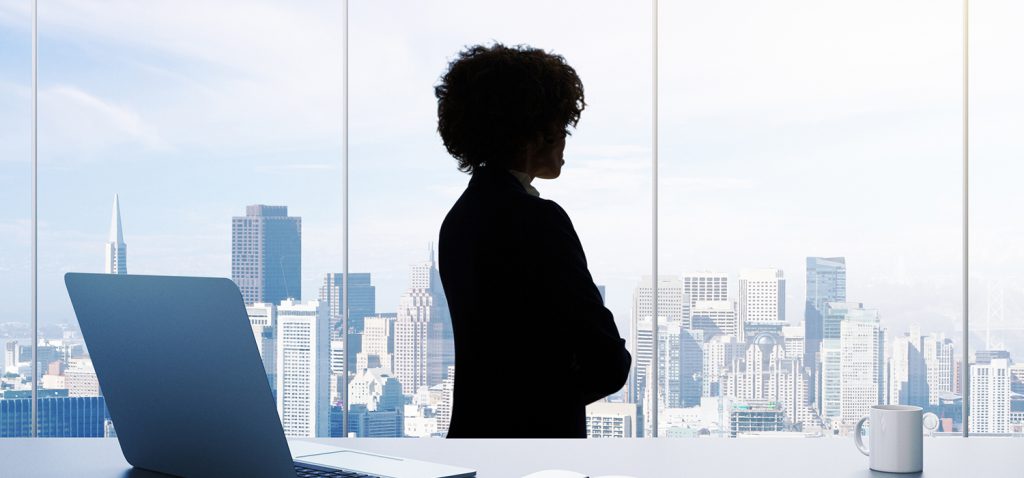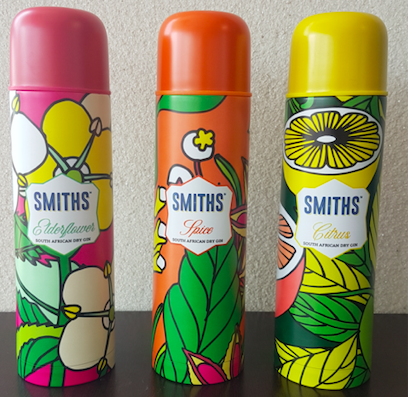Business Day International Women’s Day
Think Equal, Build Smart, Innovate For Change
The United Nations 2019 theme for International Women’s Day is: Think equal, build smart, innovate for change. The focus is aimed squarely at finding innovative ways to empower women, particularly in the areas of social protection systems, access to public services and sustainable infrastructure. As we celebrate a future where innovation and technology create opportunities for women to actively get involved in building systems that are inclusive and communities that are equal, 8 March 2019, International Women’s Day, must mark for all of us the start of truly impacting positively on building for better.
Discrimination at home and work

The Commission for Gender Equality (CGE) embarked on a 20-year review of the CGE in 2017, commissioned to the Human Science Research Council (HSRC), to look at the progress made since the CGE’s establishment in 1996. The study noted that one of the main reasons that violence against women still occurs is the patriarchy that still persists in our country. “Violence against women is viewed as a way of entrenching gendered power in society. While South Africa has legislation to address this reality through the Sexual Offences Act (RSA, 2007) and the Domestic Violence Act (RSA, 1998), data from the South African Police Service found that women are only reporting sexual offences cases, and even those cases are not a true reflection of the staggering number of sexual offences being carried out daily towards women and girls,” the study noted.
According to Cliffe Dekker Hofmeyr (CDH) Pro Bono and Human Rights senior associate, Brigitta Mangale, access to legal services is a challenge that is particularly pronounced for women. “The reality is that women are often too scared to take action for fear of judgment or stigmatisation, and even when action is taken, women are often not believed,” she says.
Webber Wentzel’s Odette Geldenhuys explains: “Instances of gender bias in the workplace — and at home — remain far too common. And being able to access good legal services is still out of reach for many South Africans.”
Mangale adds that beyond exclusion, there is outright discrimination or harassment in the workplace. According to Mangale, a range of legal procedures and structures have been put in place to support and protect victims of workplace discrimination. “If the discrimination or harassment occurs at the workplace or at a university or other similar environment, the complainant should follow the relevant internal workplace or other institutional procedures and report the matter accordingly. If after using these reporting procedures, sufficient action is not taken, or if such workplace or other reporting procedures do not exist, legal assistance should be sought immediately.”
Executive life coach and CEO of the Human Refinery, Refilwe Marathe, says that employers have a duty to ensure the safety and welfare of their employees and to protect them.
“Employers should create a system that supports women by educating all employees about discrimination, and also respond to and deal with complaints or evidence of discrimination speedily”, says Marathe.
Gender balance at work
Women remain under-represented at executive level in South African companies, according to research done by PricewaterhouseCoopers (PwC) in 2018.

For every 10 men, the PwC research shows, only eight women are employed and on the AltX board of the JSE, 82 per cent of executives are men, while only 18 per cent are women. The research also adds that in the financial services sector specifically, 72 per cent of executives are male and only 28 per cent are female.
Yael Geffen, CEO of Lew Geffen Sotheby’s International Realty, says that for many women, career success is still hampered by traditions such as the “old boys” club, but she urges women to let their voice be heard. Geffen says: “Women should not underestimate the importance of being their own advocate and should not be afraid to put themselves forward to ensure their colleagues and superiors know who they are and what they are capable of.”
She advises women to “identify your unique skills and use them to advance. And if you don’t have all the skills you need to succeed, go out and acquire them. Take a class, read a book, do everything you can to distinguish yourself and grow professionally.”
Innovation and safe spaces
One of the priorities for the UN 2030 Agenda is inclusive, safe, resilient and sustainable cities. However, the reality women face currently, according to gender activist Koketso Moeti, is that getting to work and school remains unsafe.
“Proportionately, few black women can afford to own a car. The majority of South African women live in low-income areas far from their places of work and the services they need, and public transport is their only means of accessing these facilities and services,” she explains. Moeti developed a technology-based App — amandla.mobi — to address the safety challenges faced by women and girl children. The App helps highlight the challenges women face daily while using public transport.
Moeti’s campaign invites women to suggest ways to improve safety when using taxis, for example. All the submissions were used to develop a Safe Taxis Now charter, jointly with Soul City and other women-centred organisations.
The App enables people to create online campaigns to address their shared challenges. Amandla.mobi caters for basic handsets, so activists can join a campaign via WhatsApp, USSD messaging, SMS or online. The organisation currently has over 225 000 South Africans on its network.
Keeping the girl child in school and healthy
Research conducted by Stellenbosch University’s Law Clinic showed that about 30 per cent of girls in South Africa do not attend school when menstruating because they cannot afford sanitary products.
The clinic also found that because poor‚ vulnerable and marginalised women and girls cannot afford essential hygiene products, they often turn to alternative options that are mostly unhygienic and pose serious health risks. The Law Clinic and several civic organisations and private South Africans have repeatedly called for an end to taxes on feminine hygiene products, saying that these and other essential non-food items should be VAT-exempt.
This call has finally been answered. In his Medium Term Budget Speech in October 2018, finance minister Tito Mboweni announced that government would scrap VAT on sanitary towels as from 1 April 2019. In addition, the minister indicated that funds would be made available to enable provinces to provide learners from impoverished communities with free sanitary pads.
Social entrepreneur Richard Mabaso launched the Caring4Girls initiative back in 2012 to address this very fundamental issue. Caring4Girls is a sanitary towel distribution programme to keep young girls in school during their monthly cycles. According to research conducted in 2012, girls miss up to 50 days of school annually because they cannot afford sanitary products.
Gender activist, founder and co-ordinator of Spark R.E.A.D, Angeline Makore founded a similar programme in Zimbabwe called Mwedzi Social Enterprises. This programme “offers the girl child reusable sanitary pads and teaches adolescent girls about menstrual hygiene management”. Through her work, Makore has conducted education in slum areas and, with other civil society organisations, has provided the Zimbabwean government with suggestions on the creation of a School Health Policy.
Corporates also have a role to play in ensuring that women and the girl child are able to access good quality and affordable health products. “Access to and availability of quality products for females is an important component of women’s basic rights to health services and provides them with the opportunity to create and live out successful and fulfilling lives,” says Shannon Te Roller, GM at Mundipharma South Africa.






 Sign-up and receive the Business Media MAGS newsletter OR SA Mining newsletter straight to your inbox.
Sign-up and receive the Business Media MAGS newsletter OR SA Mining newsletter straight to your inbox.